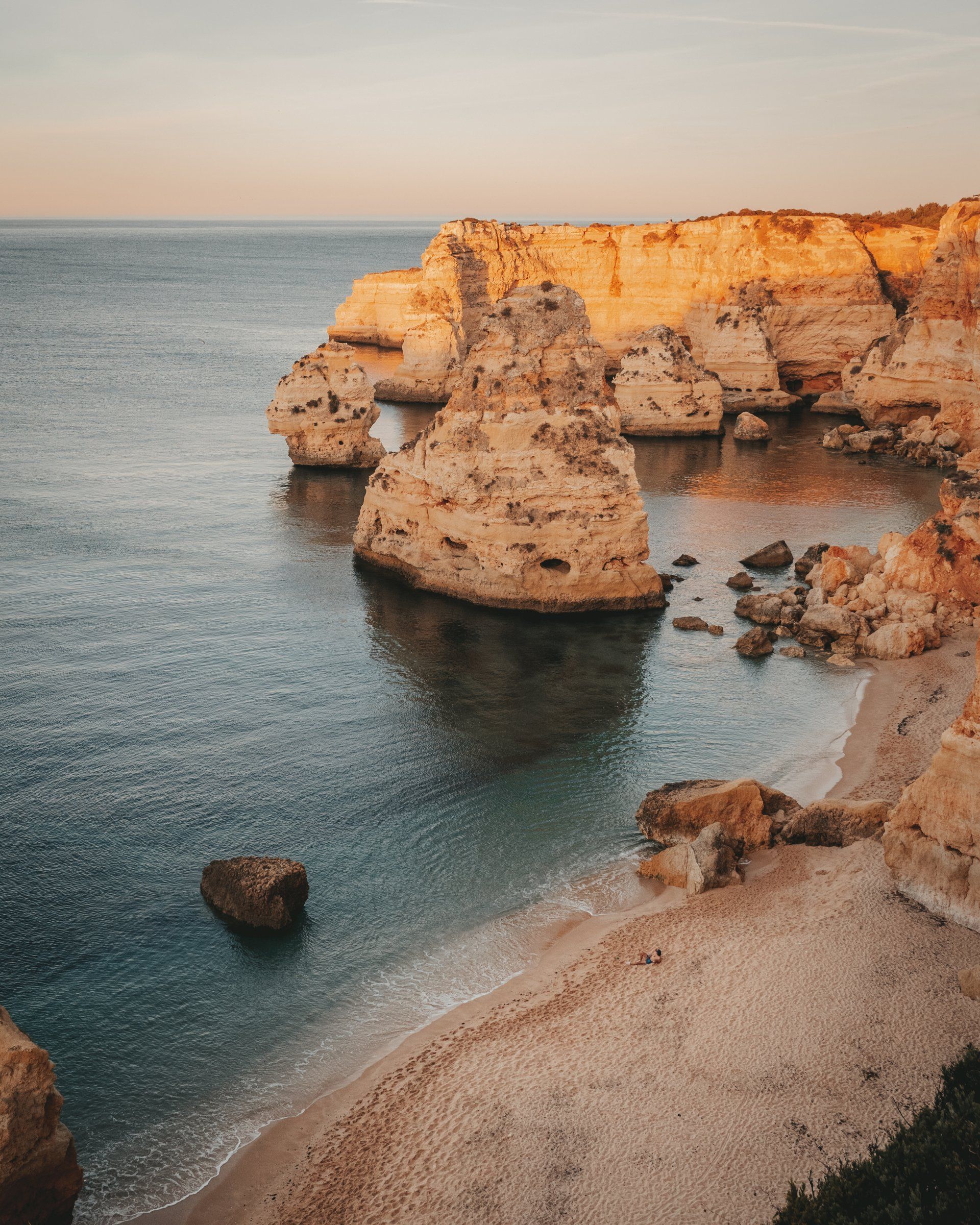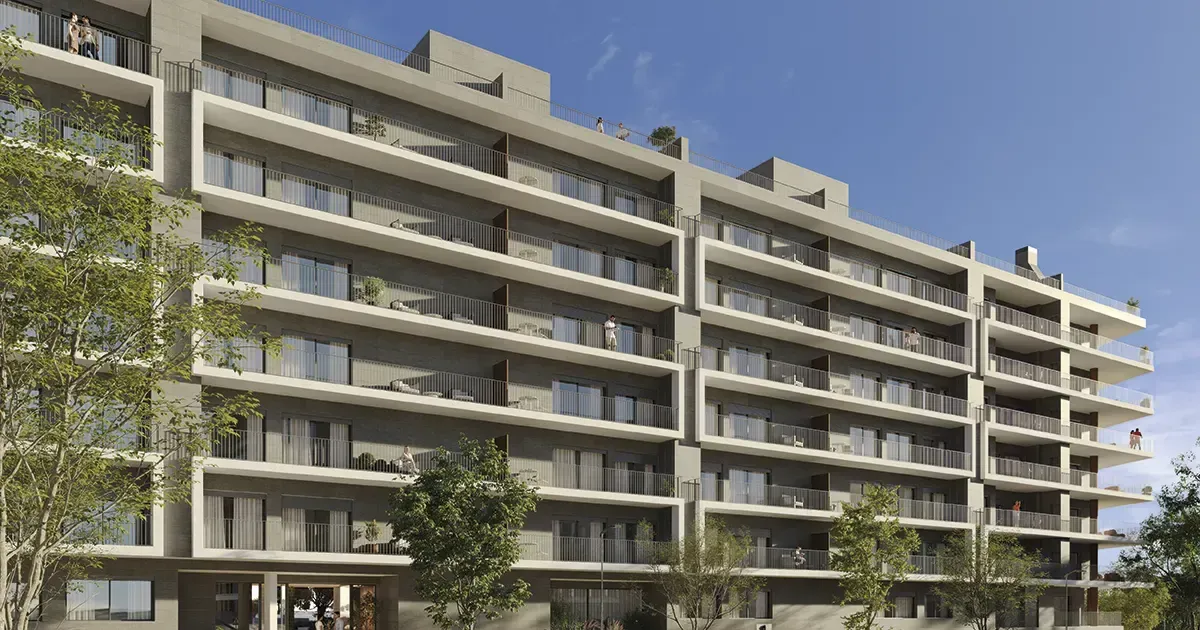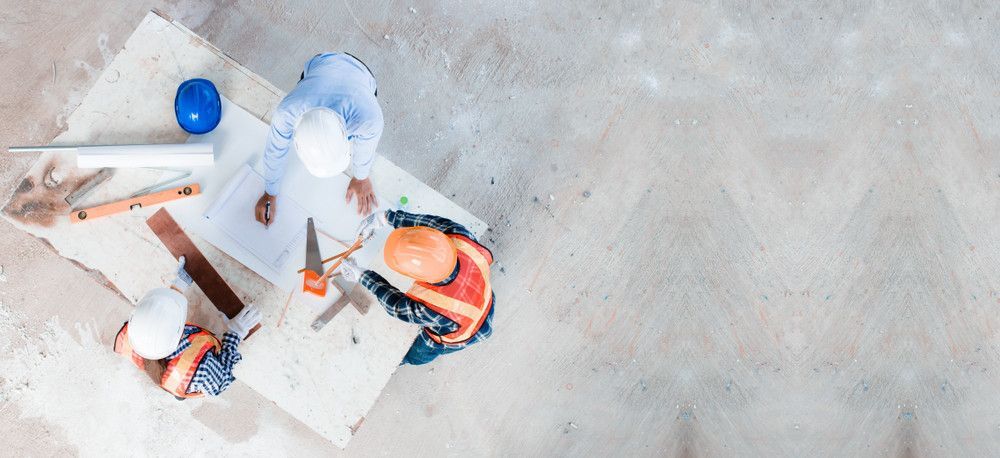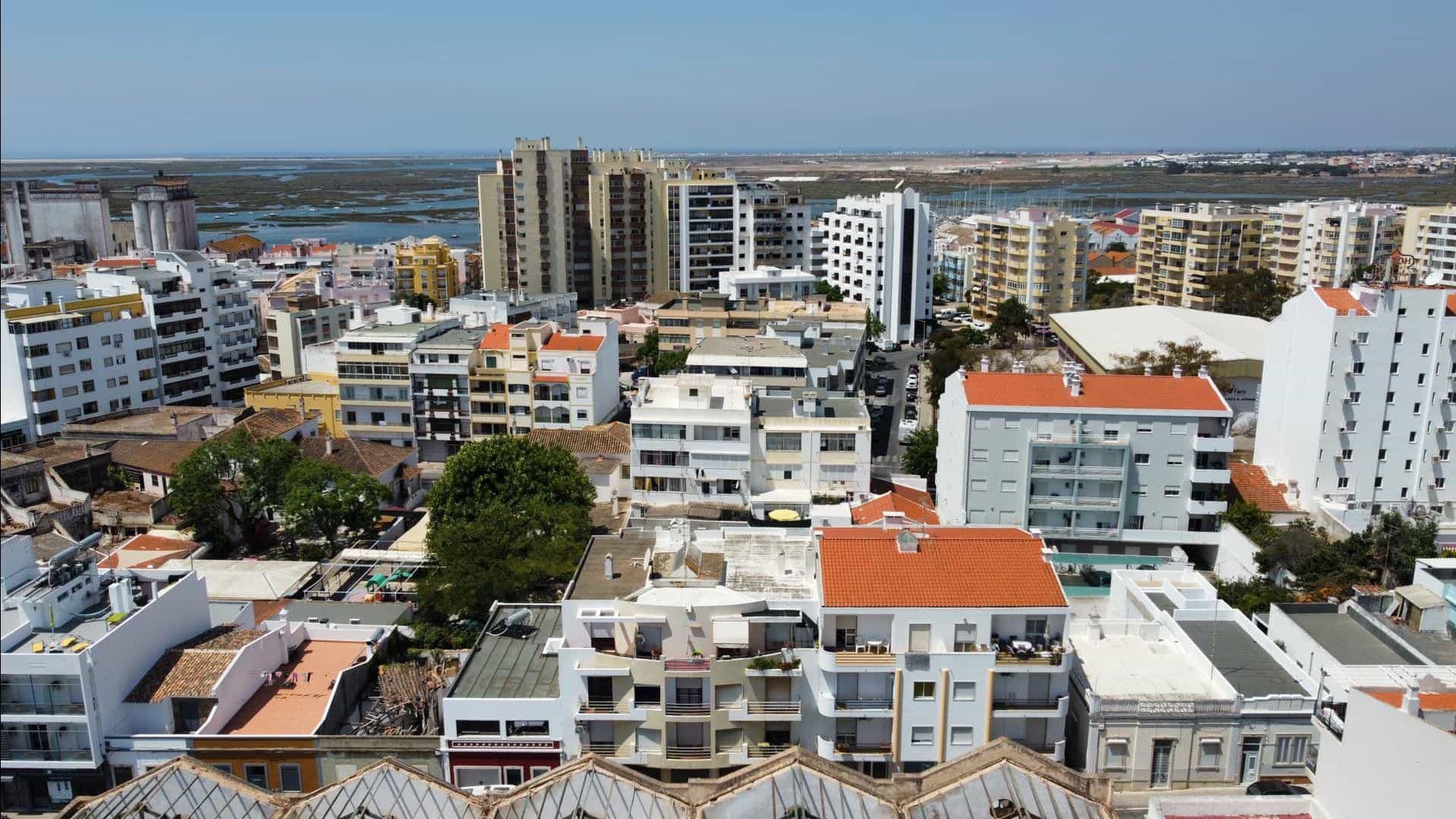Portugal - D7 Residence VISA for foreigners
If you are a non-EU citizen seeking to relocate to Portugal with your own funding, the D7 Visa — also known as the Portugal Passive Income Visa — is a perfect option. Whether you are a retiree or an entrepreneur, you can enjoy Portuguese residency privileges thanks to this handy visa.

What is the D7 Visa?
The Portuguese government introduced a special visa type in 2007, known as the D7 Visa, the Retirement Visa, or Passive Income Visa. This residency visa permits any non-EU/EEA or non-Swiss citizens to apply for residency in Portugal, provided that they have a reasonable passive income.
Indeed, the D7 Visa is an affordable and attractive Portugal immigration visa allowing non-EU citizens to get Portuguese residency provided they have sufficient funds to sustain themselves during their stay in Portugal.
Pensioners, entrepreneurs who want to live in Portugal, retired foreign citizens, or other expats living off of a recognized stable income, such as movable property, real estate, intellectual property, or financial investments, may be eligible to apply for the D7 Portuguese Visa, and subsequently, apply for a residence permit.
The residence permit granted through the D7 Visa can then be renewed after one year for two successive periods of two years and can be converted into a permanent residence permit after five years. In addition, after five years of holding a legal residence permit under the D7 Visa regime, you’ll also be able to request Portuguese nationality, provided you fulfill the other requirements foreseen in Portuguese law.
Benefits of the Portuguese Residence Permit Granted Through D7 visa
Permanent free entry and circulation in the Schengen area
Live, work and study in Portugal
Tax benefits via NHR
Benefit from the Portuguese health care system
Fast visa process
Entire family is eligible
How to get a residence permit in Portugal through the D7 Visa?
In order to obtain the D7 Residence Permit, you will have to fulfill several requirements. Besides this, the process takes place in two stages.
- Apply in your home country for a temporary D7 Visa (which lasts for four months)
- Attend the appointment with SEF in Portugal, who will approve your residence permit
First step
Submit all required documents to the Portuguese Consulate in your country of residence or to VFS Global (if this is the case). Ensure you have all the correct documents, as this can slow down the process.
If your visa application is approved, the Portuguese Consulate will deliver the temporary visa – the D7 Visa – which will allow you to travel to Portugal and grant you an appointment at SEF to formalize the residence permit request.
This temporary D7 Visa is valid for four months from its date of issue.
Second step
After your visa is issued, you will then need to attend your appointment in Portugal with SEF, where you’ll enroll your biometric data.
A temporary residence permit will then be granted for an initial one-year period. The temporary residency permit is renewable twice — each lasting for two consecutive years.
As mentioned, after five years you can exchange this for a permanent residence permit. Alongside permanent residency, you can also apply for Portuguese citizenship, provided you meet all the requirements under Portuguese nationality law. You must pass a basic Portuguese language test and hold a clean criminal record, amongst other conditions.
Getting a NIF Number and Portuguese Bank Account
To live in Portugal, you will need to obtain a NIF number. This number is your personal Portuguese tax number that allows you to carry out fiscal activities in Portugal. You can have a power of attorney to obtain this number on your behalf before you enter the country. Also, you can use GetNIFPportugal to get your NIF hassle free from the comfort of your home.
After you have obtained your NIF number, you will be required to open a Portuguese bank account, which you can also set up remotely. Having a bank account in Portugal will enable you to make transactions in the country much easier, saving on potential currency exchange fees that would cost you if relying on the bank account of your home country.
D7 Visa Portugal 2022 Requirements
The D7 Visa Portugal requirements are as follows. You must:
- Be a non-EU national
- Minimum income requirements: earn a passive income of at least €760 per month (your income can come from pensions, transferable equity, real estate, intellectual property, or financial equity)
- Show proof of a place to live in Portugal
- Be willing to reside for more than 183 consecutive days per calendar year in Portugal
D7 Visa application form
D7 Visa required documentation:
- D7 Visa application form
- Valid passport
- Two passport photos (passport sized)
- Proof of passive income
- Proof of adequate accommodation (12-month lease agreement)
- Criminal record background check
- Valid travel insurance with health coverage
- Six months of bank statements
D7 Visa Portugal 2022: The Cost of the Portuguese D7 Visa
The cost of the D7 Visa is relatively low in comparison to some other programs, such as the Portugal Golden Visa. For the Portugal Golden Visa, you will need to make a significant investment in the county. The D7 Visa, however, is a much more affordable alternative.
Expect to pay the following amount for your D7 Visa:
- For your D7 Visa application, you can expect to pay €90
- For your residence permit, you can expect to pay around €160
In addition to the above-mentioned fees, it is important to clarify that there are other costs during the immigration process, such as airline tickets, relocation fees, health insurance, adequate accommodation, and so on.
Note: Also, keep in mind that the above fee can be changed at any time by the responsible Portuguese authorities.
Portugal D7 Visa Processing Time
Obtaining a temporary four-month visa in your home country can take up to 60 days, provided you submit all the required information.
When you receive your visa, you will also get an appointment with SEF, booked by the Portuguese Consulate, when they issue your visa.
Once SEF has collected your documents and biometric data, it will take about three weeks for them to send your residence card to your Portuguese address.
Benefits of the Portuguese residence permit granted through the D7 Visa
Successful applicants for the D7 Visa can enjoy the following:
Enhanced mobility
The residence permit facilitates visa-free entry and movement throughout the Schengen region, allowing a non-EU citizen residing in Portugal to circulate freely within the European Union (EU) for a set number of days.
Portugal permanent residency and pathway to Portuguese citizenship
Once you’ve secured the D7 Visa, you can obtain a residence permit in Portugal, valid for one year. After that, you can renew your residence permit every two years. After the five-year mark of holding legal residency, you’re eligible to apply for permanent residence and even citizenship if you wish.
Acquire residence rights in Portugal
As a Portuguese resident, you can enjoy a myriad of benefits, including the right to access the national health service and the local school system, conduct professional activity as an independent contractor, have full protection under Portuguese law, and be granted access to vocational training in Portugal.
Family reunification
Once you have a residence card, your family can join you in Portugal. Family reunification can be requested with SEF. The following family members are eligible: your spouse or partner, children under 18, including dependents, children over 18 who are dependents, your parents or spouse/partners’ parents, as long as they are dependent on you, and your minor siblings. Family reunification is one of the key attractions of the D7 Visa program.
Tax benefits
If you hold a residence card, you are entitled to benefit from Portugal’s Non-Habitual Tax (NHR) Regime. The NHR is a generous tax program with numerous benefits pertaining to your global income. It offers tax-free incentives on certain categories for a period of up to ten years.
Below are the types of income that may qualify under the NHR program:
- Dividends
- Real estate income
- Capital gains from the disposal of real estate
- Occupational pensions
- Royalties
- Business and self-employment profits derived from eligible occupations (but be mindful of relevant double taxation agreements)
As of 2020, pensioners registering for the NHR tax scheme are now taxed at a rate of 10 percent.
Talk to one of our consultants and find the right solution for you.
Luis Cura
I help people, I am a real estate consultant
Century21 Architects
tlm 915137858
#luiscuraconsulting #century21arquitectos #luciscuraconsulting #investimentoimobiliario #proproprietors #rentaccessible #construction #rents #tenants











